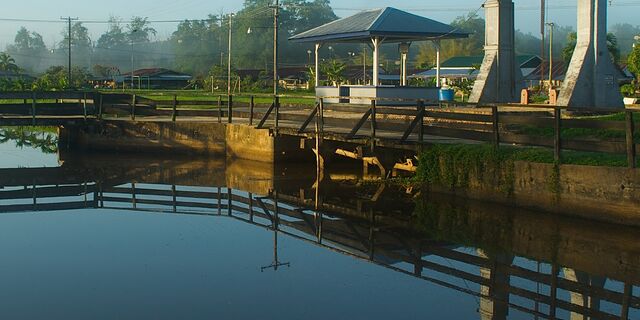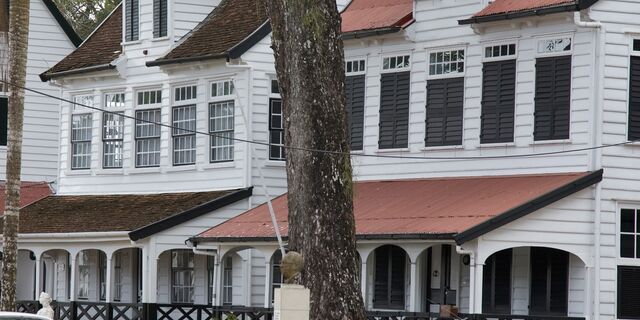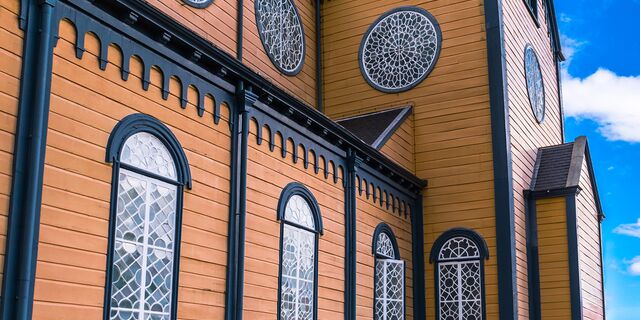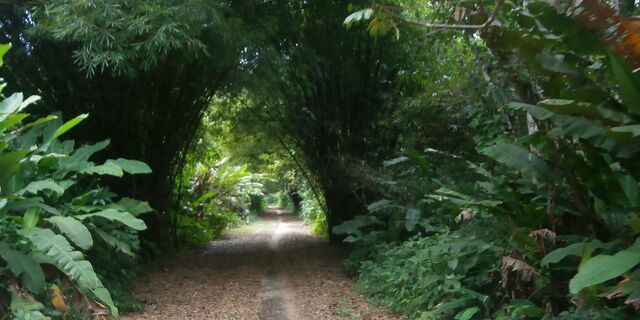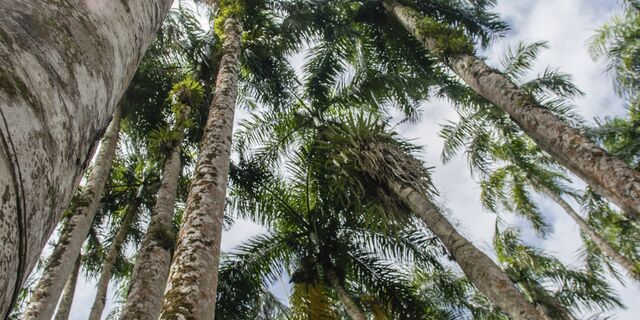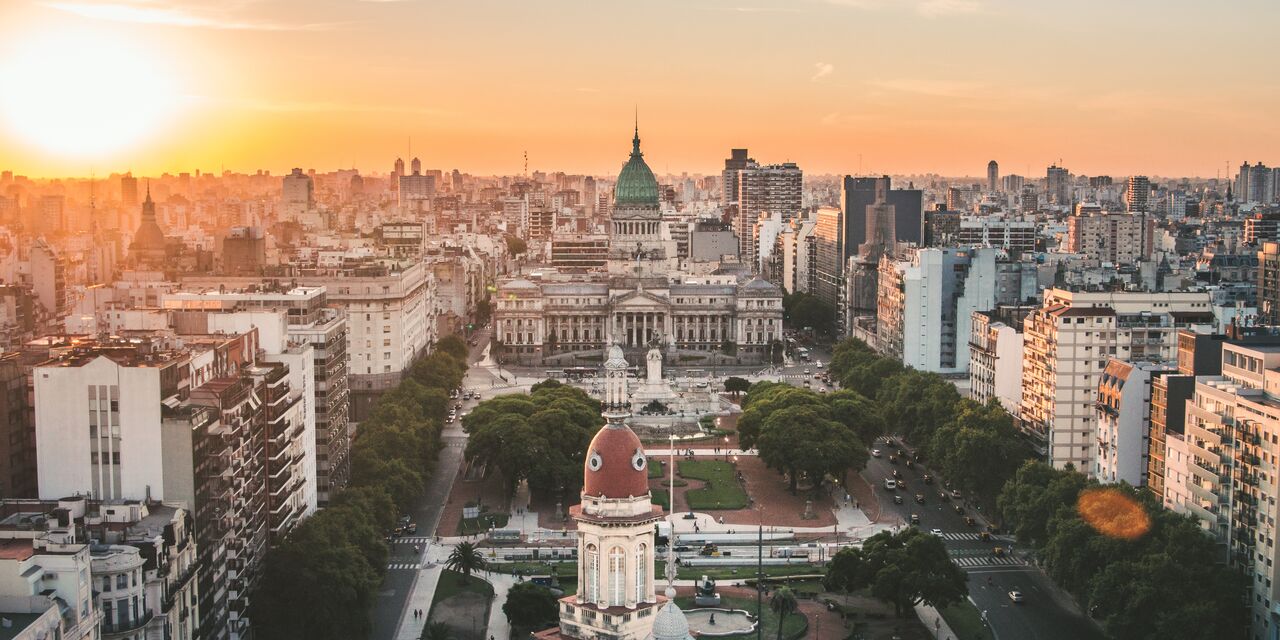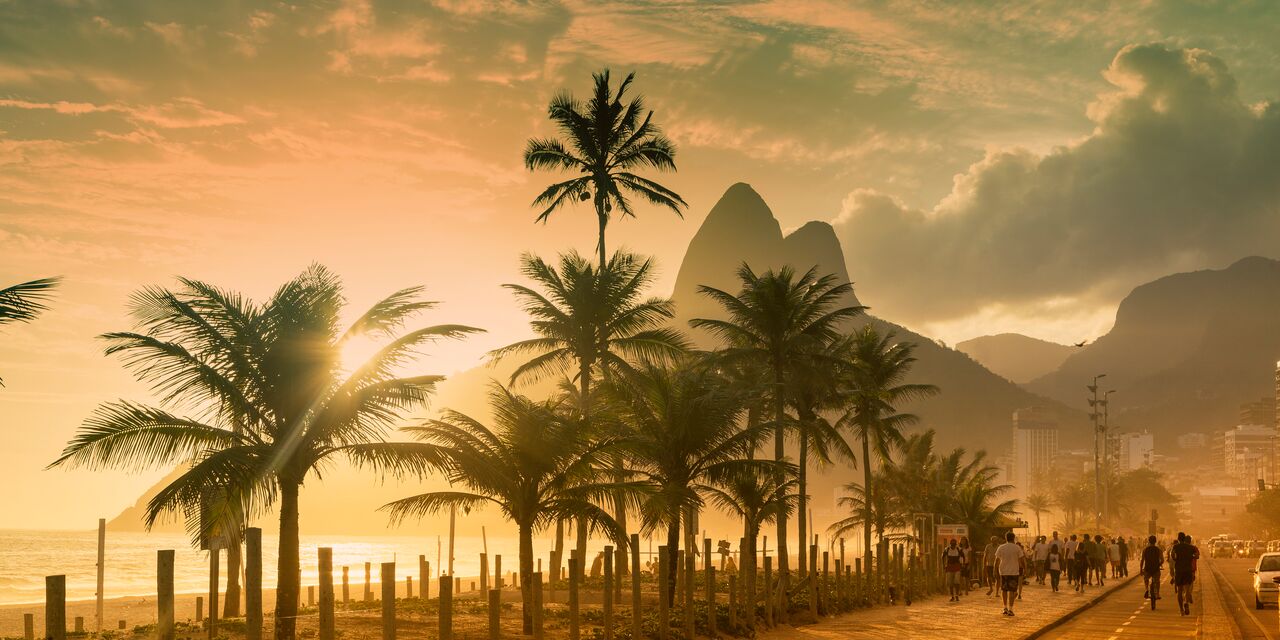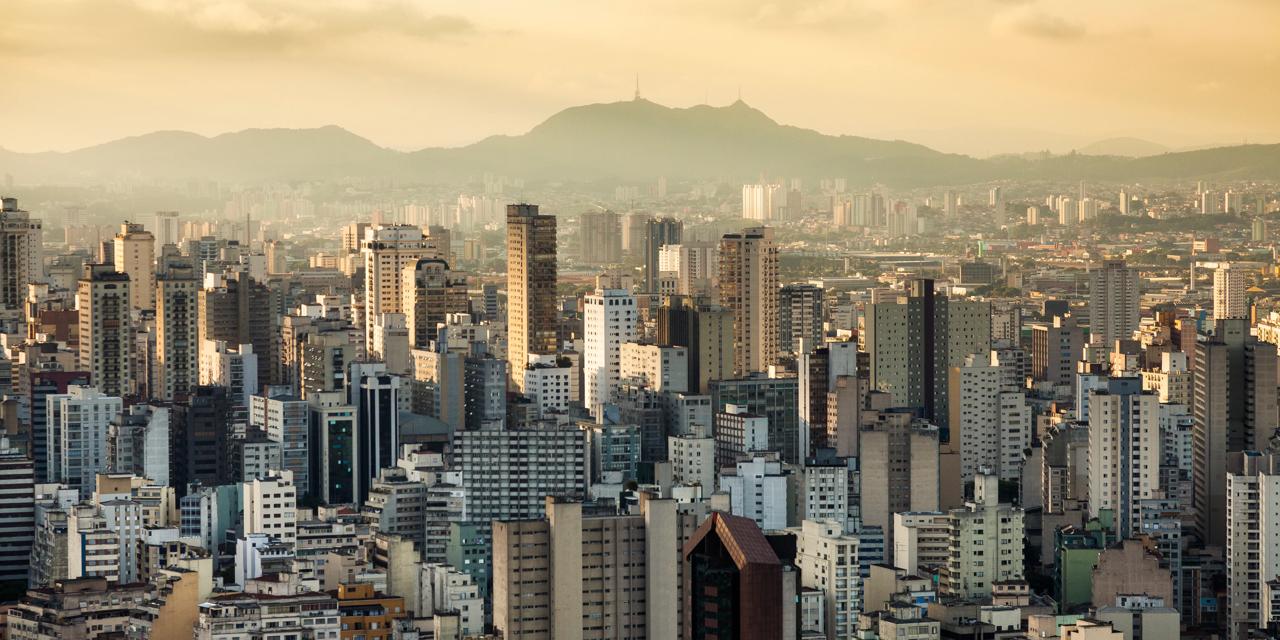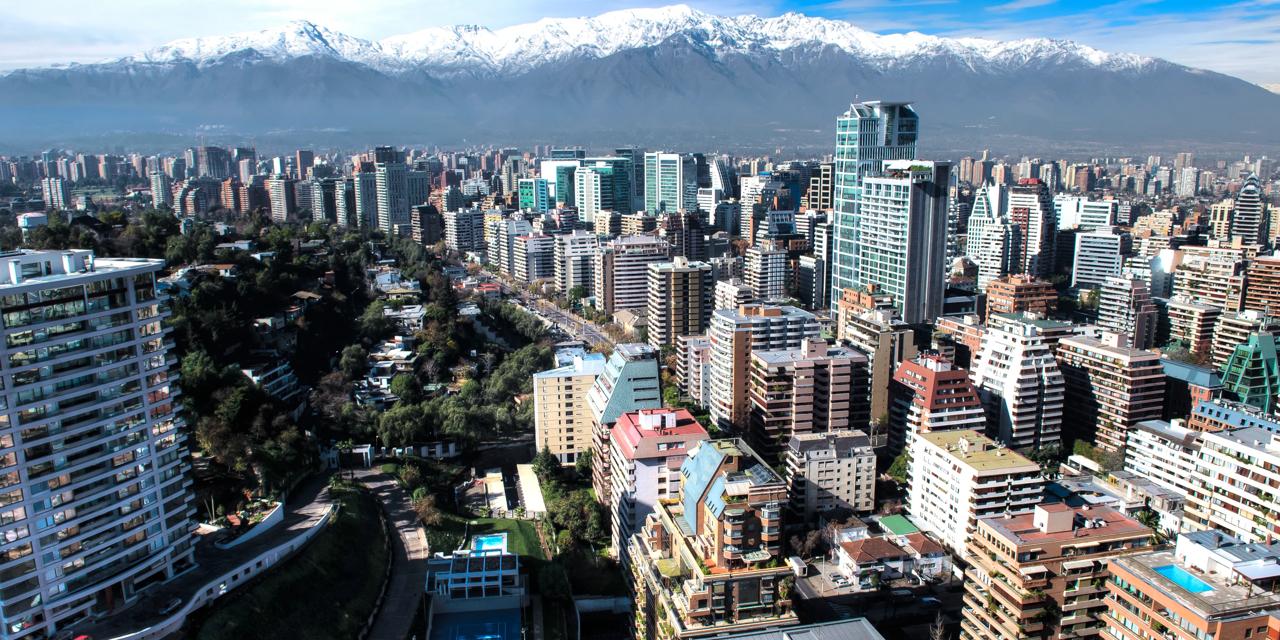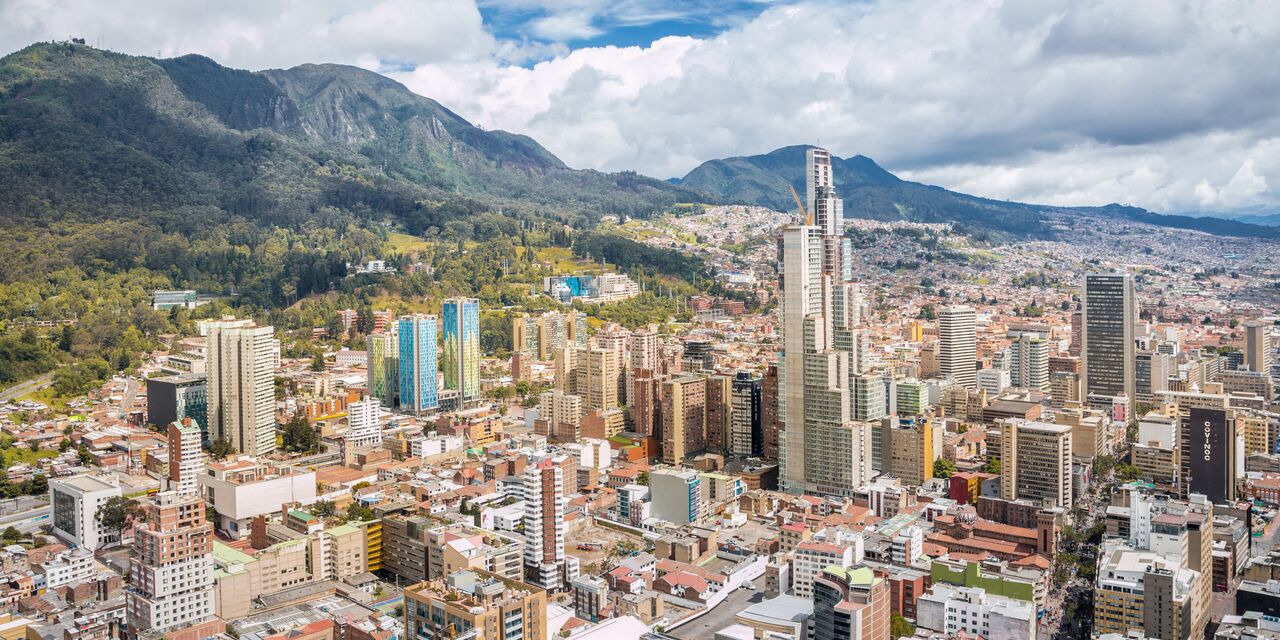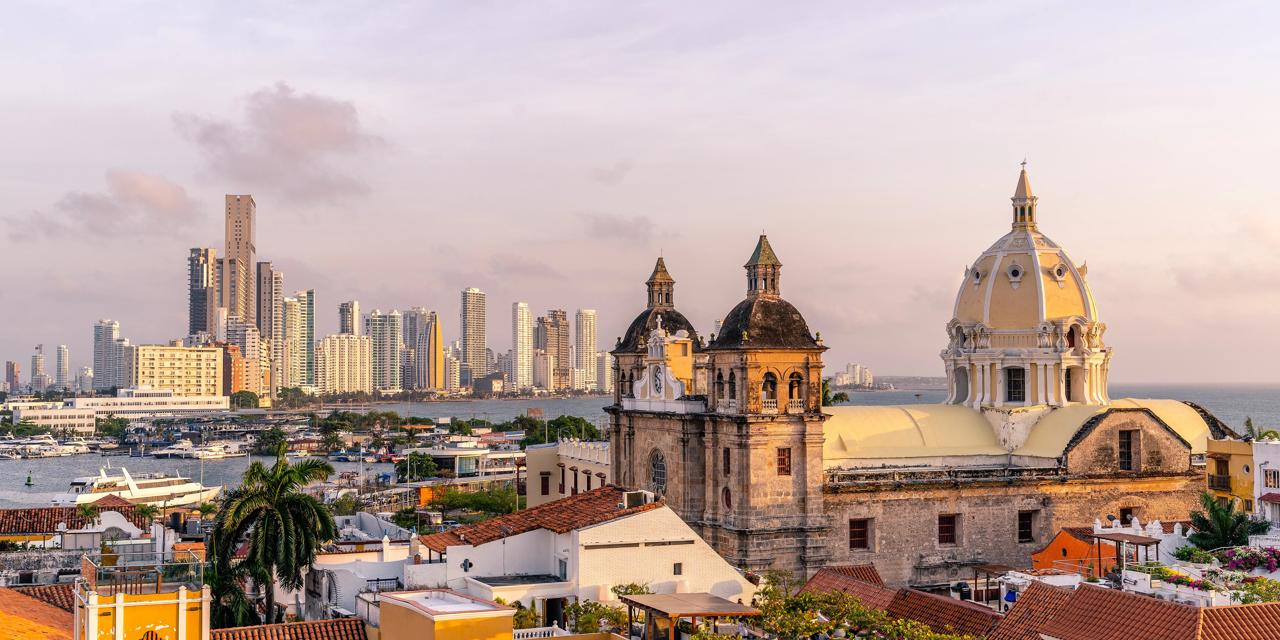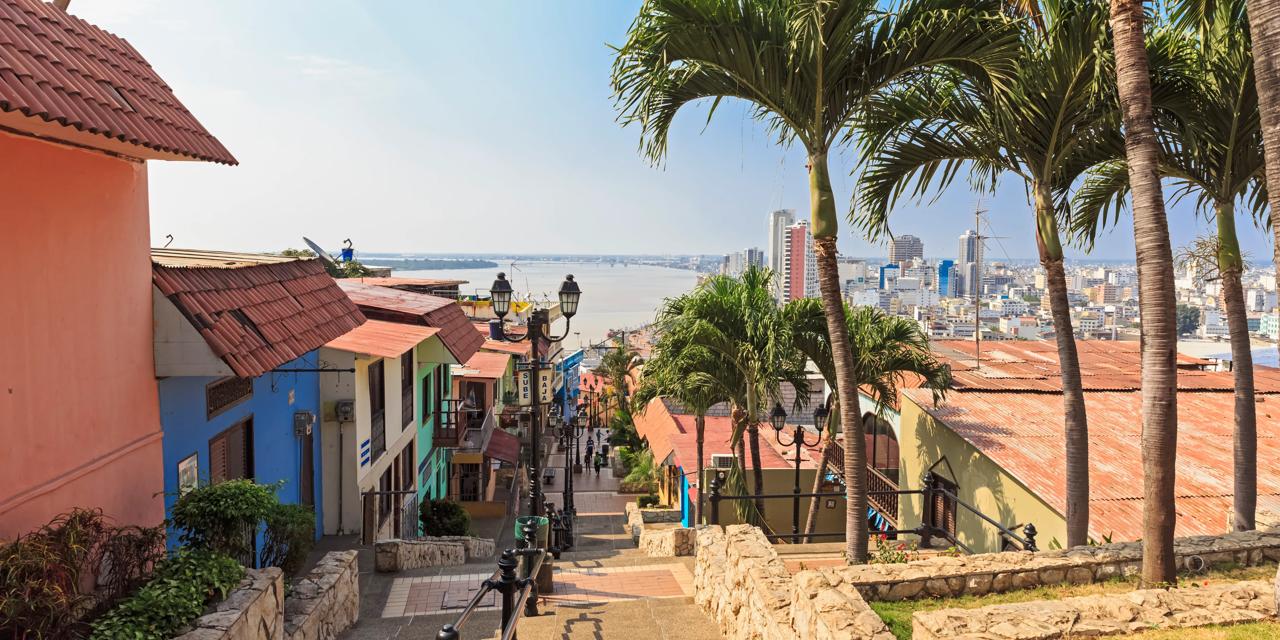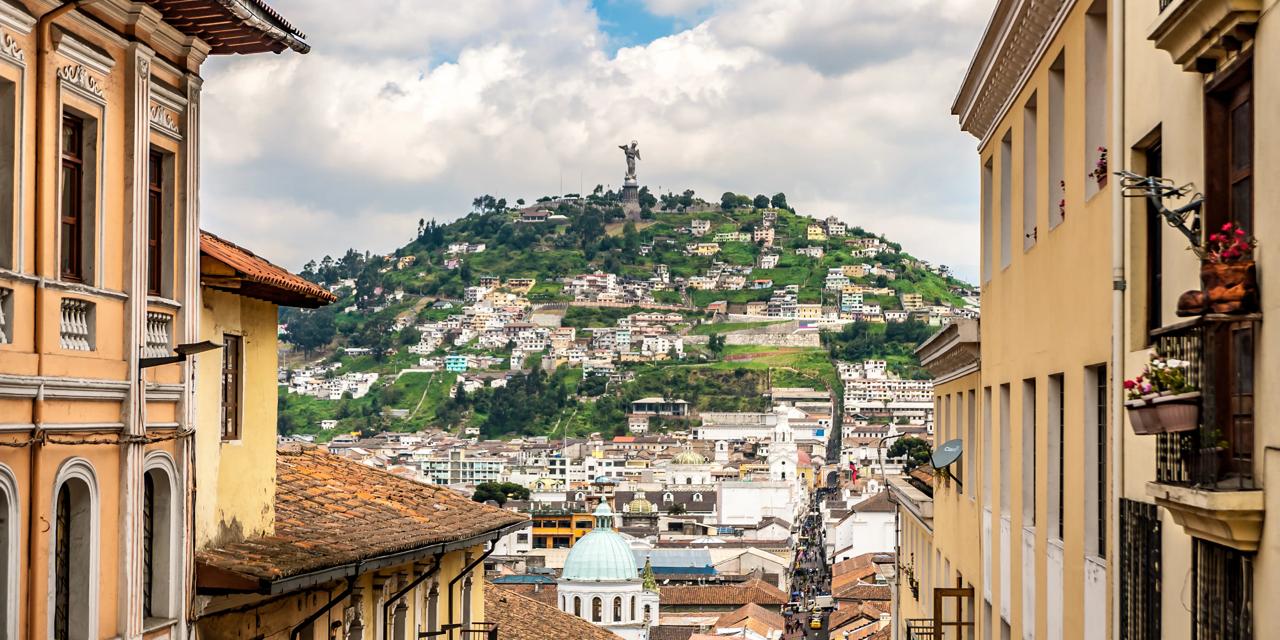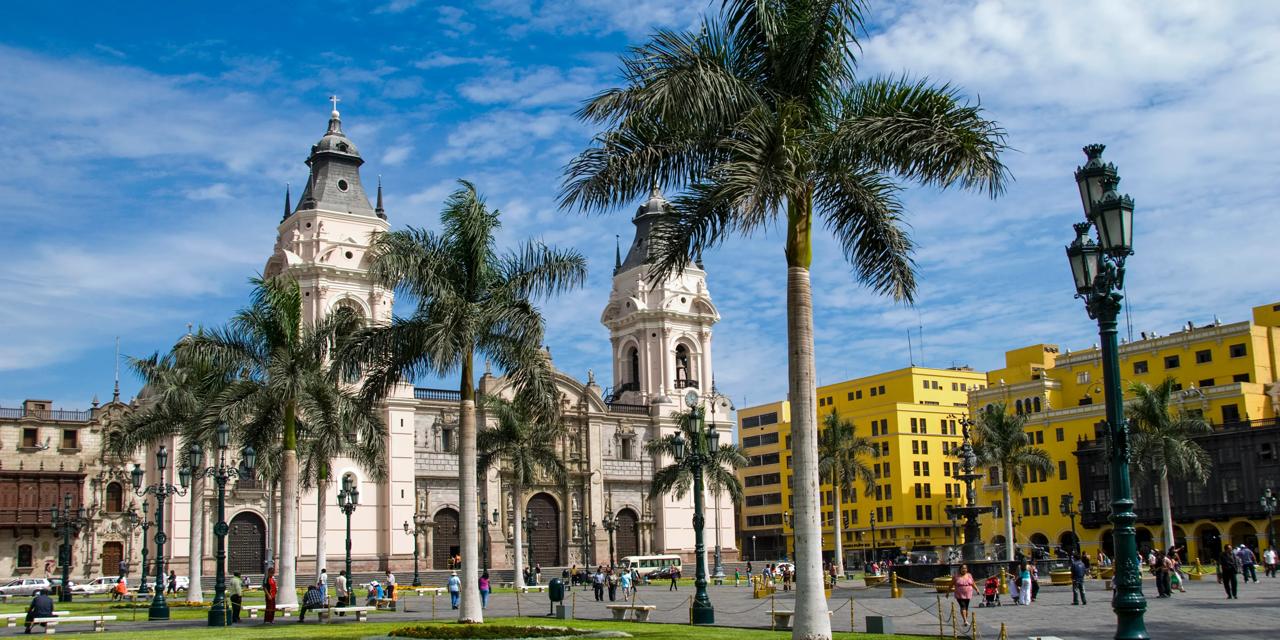Old Fort Zeelandia in Paramaribo
Fort Zeelandia stands proudly on the shore of the Suriname River in the shade of centuries-old mahogany trees. This is where Paramaribo originated and the small trading colony founded here has grown into a vibrant capital with 290,000 inhabitants. A visit to the fort is not only an opportunity to learn more about Surinamese history but also to admire the views from the terrace of the museum café.
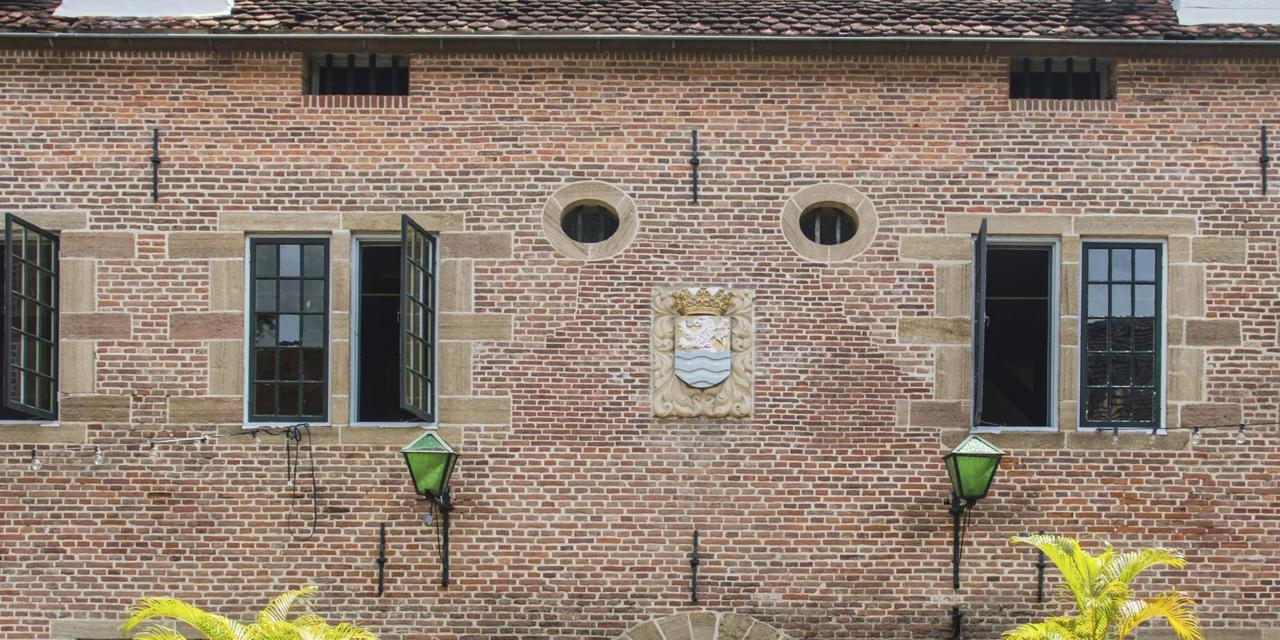
Dutch settlement
In 1614, the first Dutch inhabitants founded a fortified trading post made of shell stone, near an Indian village along the river. In 1651 the English troops of Lord Willoughby took over the settlement and turned it into a real fortress. They remained there until 1667 when they were driven out by Dutch settlers, who called it Fort Zeelandia. The fort’s current brick buildings (the bricks were shipped from the Netherlands) with green shutters, red roof tiles and wrought-iron lanterns were only constructed in 1784. A stone staircase leads from the courtyard to the corridor along the 3 lookout points offering sweeping views of the clay-coloured river.
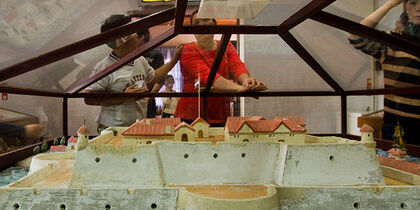
Suriname Museum
Today the fort is home to the Suriname Museum. The various buildings house period rooms and exhibit halls with pictures and historical objects. These displays depict the indigenous past, the colonial era and the various ethnic cultures of Suriname. The former gunpowder warehouse features a recreated 19th-century pharmacy with an original counter and medicine bottles. One of the former prison cells now serves as a museum shop with Delft blue tiles on the wall. You will be able to purchase local handicraft products, postcards and books about Suriname. On Sundays there are guided tours of the fort. The tour doesn’t only cover the fort’s colourful history but also the corporal punishment that slaves were subjected to here. A memorial plaque on one of the bastions recalls a more recent tragedy, the December murders of 1982. The bullet holes are still visible in the wall on the river side: 15 political opponents of Desi Bouterse’s military regime were executed here.
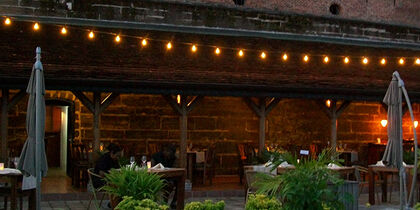
Dinner on the water
Fort Zeelandia boasts an attractive restaurant, Baka Foto. During the day you can stop in for coffee, sandwiches and salads. At night the restaurant offers a beautiful setting for dinner with a view over the Suriname River. The sophisticated kitchen serves fusion/international dishes with Surinamese influences. Try for example the pom with duck and orange or a local tuna prepared in 4 different ways. For a more simple meal, head to the eateries on Waterkant, the riverside promenade close to the museum. Taste local specialties such as ‘saoto’ soup (chicken and noodle soup) and telo trie (deep-fried cassava with small fried fish), washed down with a local Parbo beer.
Discover other destinations in South America
*The displayed prices are for one adult. All amounts are in CZK. Taxes and surcharges are included. No booking fee is applicable, but a payment surcharge may apply. Prices shown may vary depending on fare availability.
The weather forecast information is provided by World Weather Online. Air France-KLM is not responsible for the reliability of this data.

